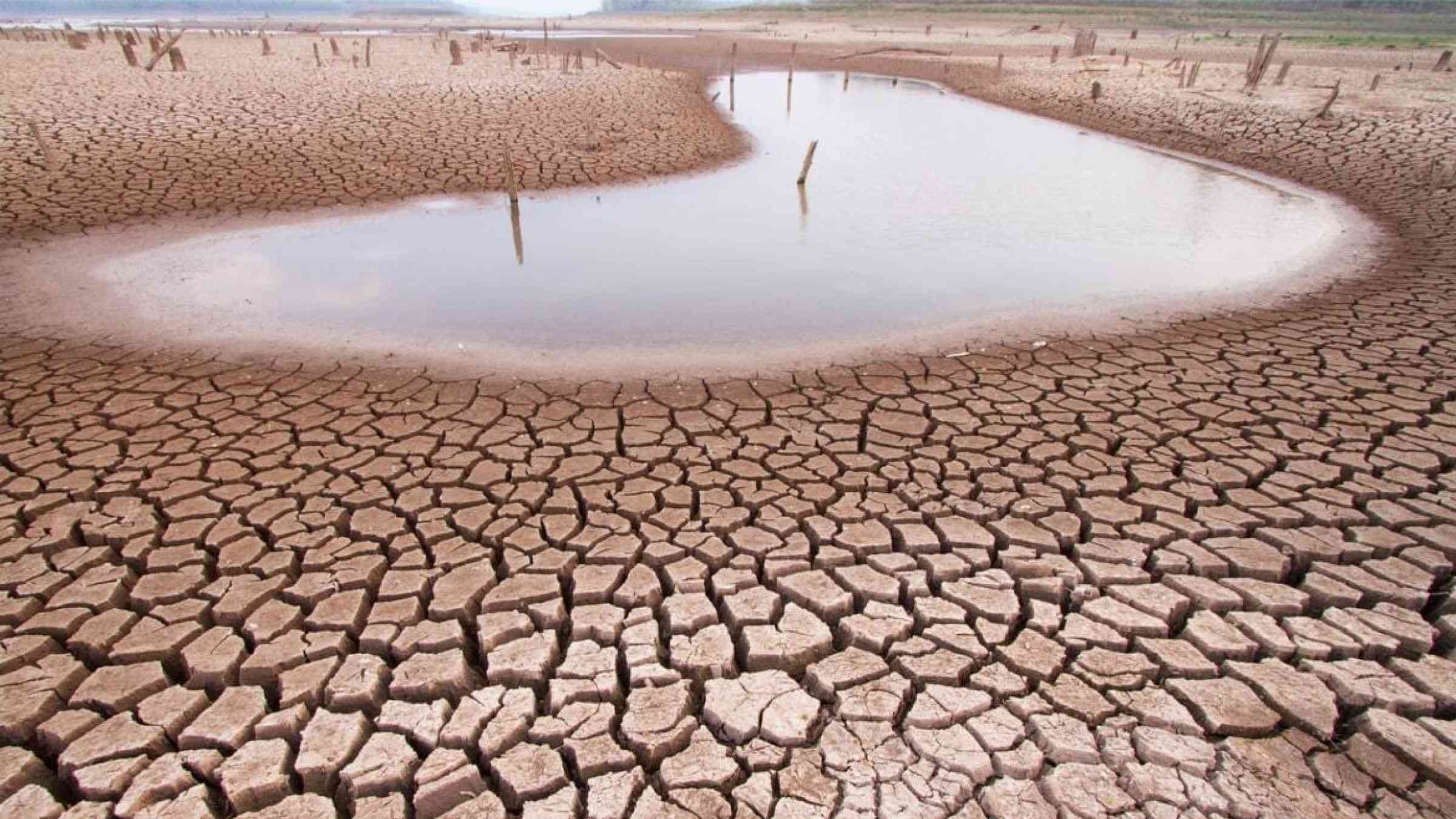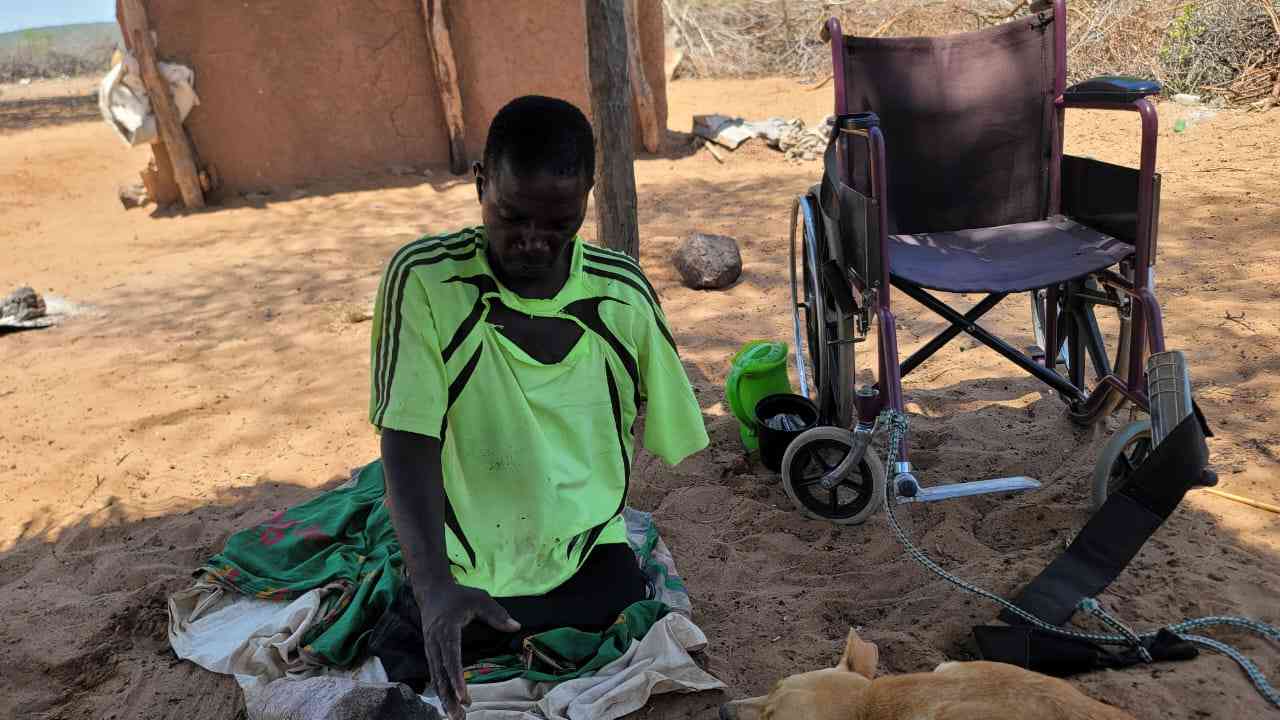
IN addition to unearthing community resilience and coping mechanisms, baseline studies can be good at identifying relevant partners and local expertise.
A lot of market infrastructure in many African countries has remained unused because construction has not been adequately informed by baseline studies.
Absence of baseline data also leads to mismatches between production and market demand, making it difficult for farmers to earn reliable incomes from food systems.
Towards a data-centric roadmap for coping with drought and other shocks
Climate-induced shocks like drought need a very strong system for distributing commodities as well as monitoring the distribution of food.
That is why information and knowledge generation and sharing needs dedicated experts with skills in data collection analysis, interpretation and administration in order to respond timely to needs.
In order to be sustainable, a data-centric roadmap should have a business model that enables some users to pay for the data.
However, in most cases, public institutions like extension departments and parastatals are unable to monetise data because they cannot differentiate public from private data.
- Young entrepreneur dreams big
- Chibuku NeShamwari holds onto ethos of culture
- Health talk: Be wary of measles, its a deadly disease
- Macheso, Dhewa inspired me: Chinembiri
Keep Reading
A robust information system can capture activities of opportunists moving around communities mopping up food at the expense of local resilience.
Governments have to know what is happening on the ground including real-time updates and early warnings as opposed to relying on conventional reports that take ages to reach decision makers.
Financial institutions and development partners need real-time information on food and nutrition security including local markets and distant sources of food.
Without baseline information, interventions and projects are based on assumption and that compromises resilience.
Absence of baseline data also makes it difficult for the development sector to set up reliable impact models because they will not be able to consolidate what their partners are doing.
Many organisations are now working as a consortium with the whole essence of a consortium being to ride on expertise of each partner for the same result within a given ecosystem or community.
This can only be achieved if information on who is who and what expertise exist towards achieving a particular goal is available.
Resources can then be allocated on the basis of each partner’s expertise and capacity to execute given activities.
In cases where partners want to keep their own information as private property, an independent co-ordinating institution within the consortium should be given the responsibility to co-ordinate, organise and synchronise all plans into a single plan.
That will assist in monitoring implementation and progress as well re-purposing activities in response to emerging issues.
The independent institution can also be responsible for documenting progress for different users.
For instance, documentation for fund-raising can be different from documentation for policy review, development and actioning.
Another opportunity is documenting to guide the private sector keen to build business models with territorial markets.
A fluid baseline can ensure documention is not just for the sake of pleasing funders but for building a bigger knowledge management framework.
African governments should have information on their finger tips
Data can enable planning and staggering production to avoid gluts and food shortages.
Governments should not wait for non-governmental organisations to declare disasters when government institutions like extension services exist all the way from national to the grassroots level.
These institutions just need tools and systems for generating data and sharing with decision makers in real time.
Why should statistics come from development organisations when government has officers from grassroots to national level?
When carefully used, baseline data can be an integral part of mapping food distribution systems in order to carefully target beneficiaries.
This will avoid cases where vulnerability assessments end up breaking the social fabric by dividing households within the same community.
Baseline data should ensure food aid does not destroy community resilience and social fabric.
Instead of just providing food aid, partners should enhance knowledge for using water, forests, pastures and other resources.
For most African countries, COVID-19 was worse than drought but many communities were able to cope with disruptions in food systems but data on such resilience has not been captured to inform future shocks.
A lot of resources should have not been spent on radio, adverts and jingles but supporting communities whose food sources had been cut-off.
Instead of frantically writing proposals looking for food aid when there are shocks like El Niño-induced droughts, development agencies should capacitate communities to use what exists.
Baseline data can enhance such efforts and influence the re-purposing of resources.
When there is a drought, road construction ceases to be an emergence, which means resources have to be re-purposed from roads to food production.
Countries that rely on a few value chains are prone to and vulnerable to climate change shocks.
Instead of spending resources importing food that may be culturally inappropriate, governments should harness data to assist communities in building their food sovereignty based on what they can produce locally which cannot be affected by wars and natural disasters like droughts.
There should be a way of building strong internal food and security support systems without blaming everything on price manipulation.
In some cases, governments and development partners just need to design efficient food distribution systems with no need for investment in new infrastructure.
- Charles Dhewa is a proactive knowledge broker and management specialist









